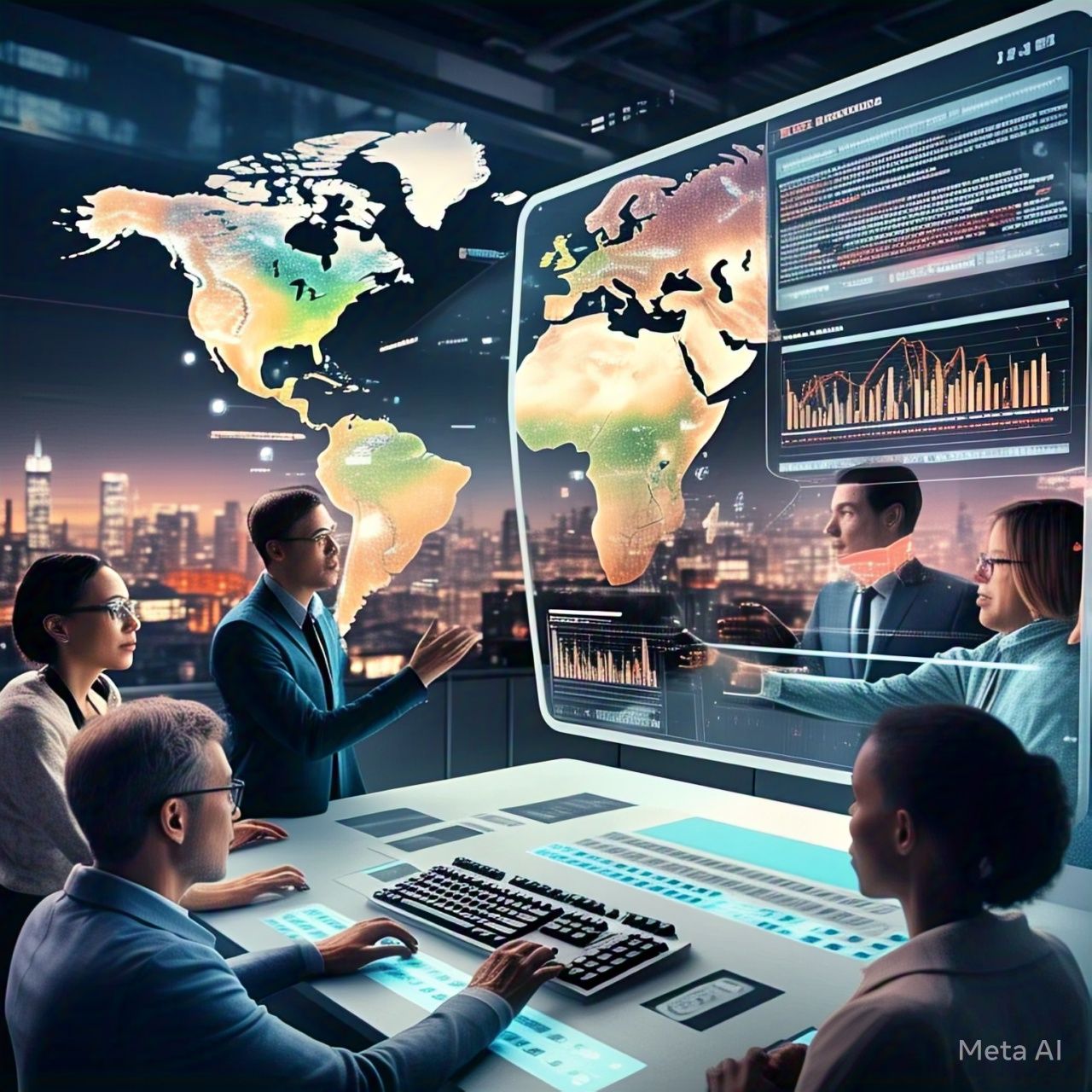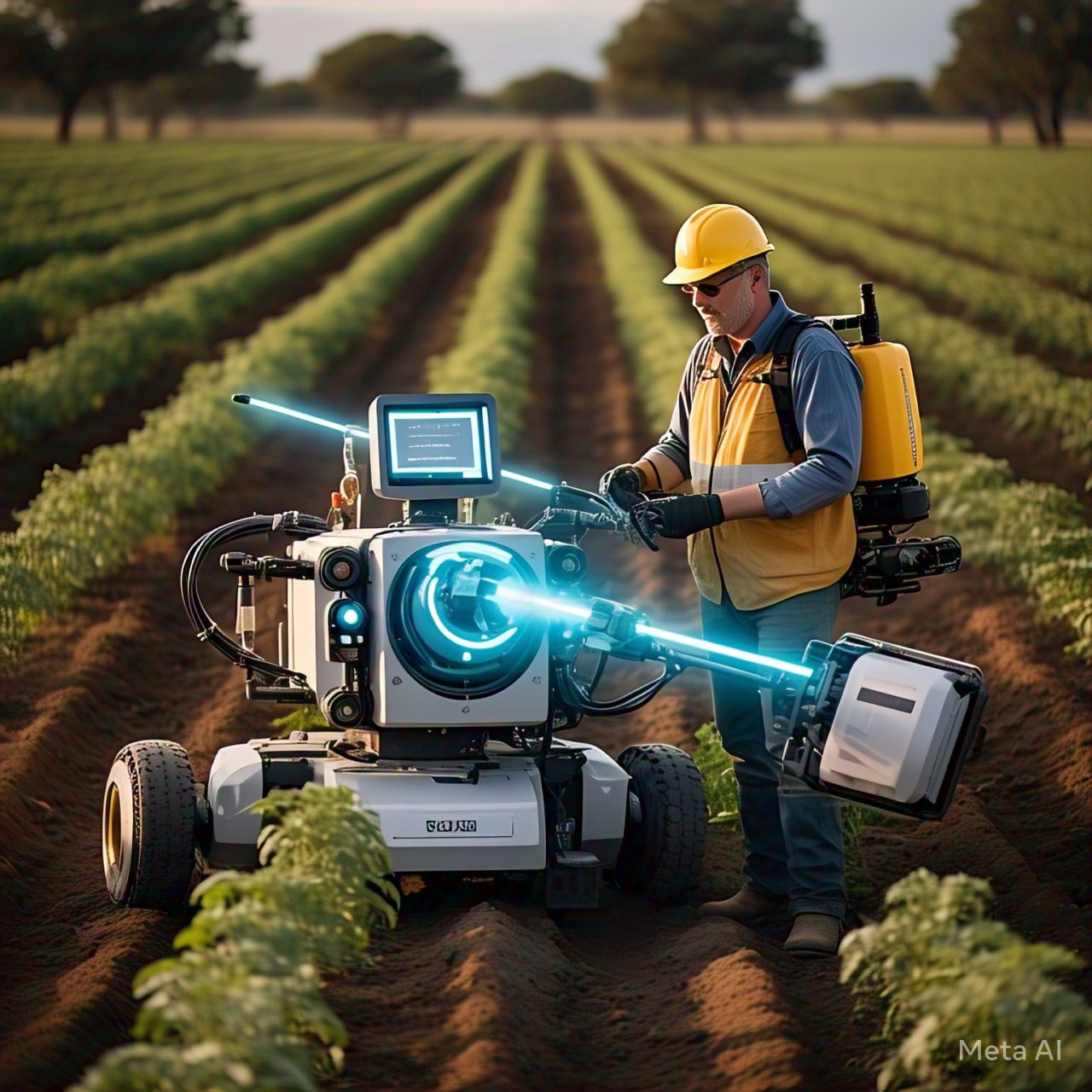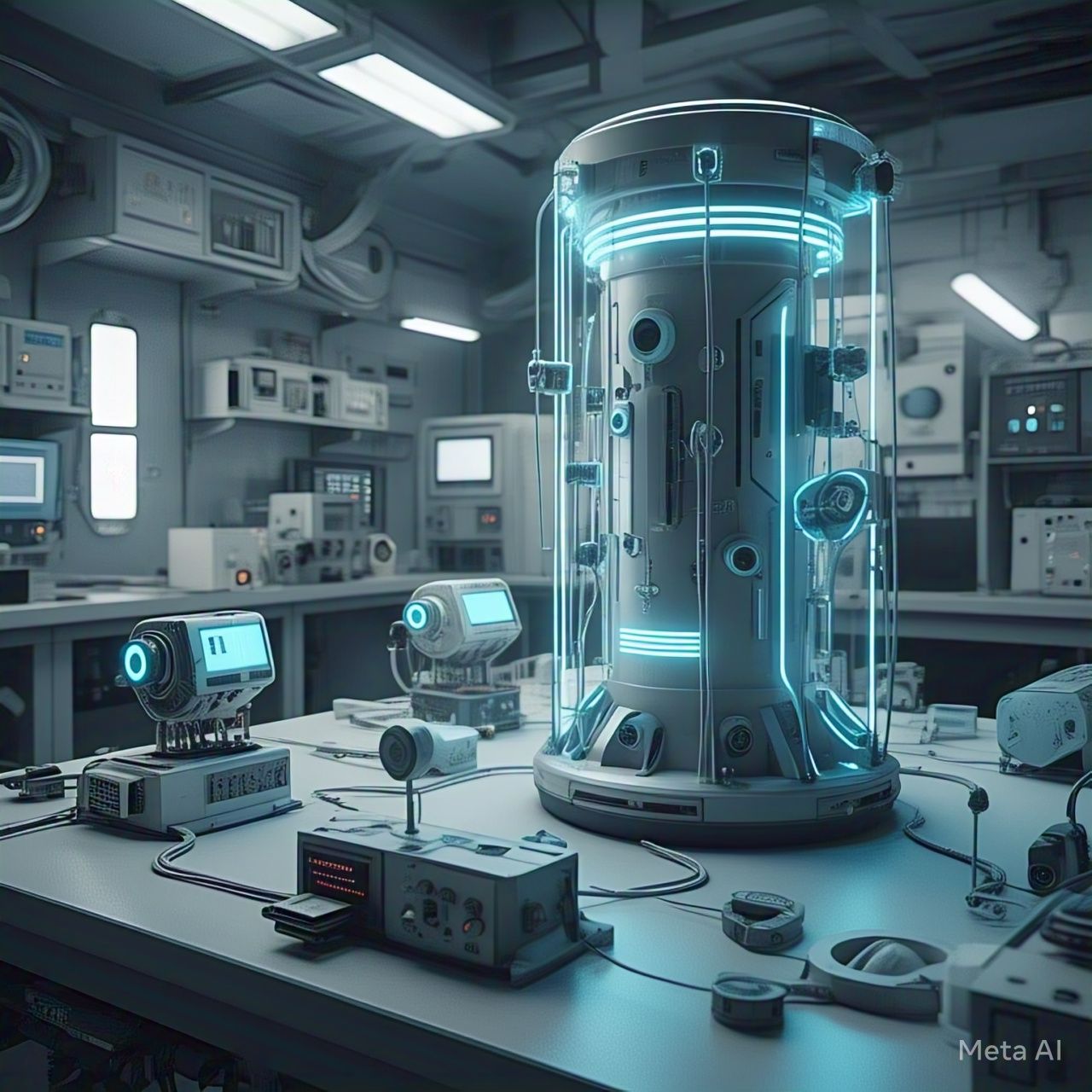Introduction
Artificial Intelligence (AI) is no longer just a futuristic concept—it is actively reshaping global markets and redefining economic growth. From automating industries to optimizing financial decision-making, AI is playing a pivotal role in accelerating productivity, innovation, and efficiency. As AI-driven technologies continue to advance, their impact on economic growth will become even more profound. But how exactly is AI transforming global markets, and what does the future hold?
AI’s Role in Economic Growth
Economic growth is traditionally driven by factors such as labor, capital investment, and technological advancements. AI is now emerging as a key contributor, revolutionizing industries, enhancing decision-making, and unlocking new economic opportunities. Here are some of the ways AI is fueling economic expansion:
1. AI-Powered Automation and Productivity Gains
AI-driven automation is revolutionizing industries by reducing operational costs and improving efficiency. From manufacturing to customer service, AI-powered robots and chatbots are increasing output while minimizing human intervention. This shift leads to higher productivity, lower costs, and faster business scaling, all of which contribute to economic growth.
2. Enhanced Financial Markets and Investment Strategies
AI is transforming the financial sector by enabling real-time data analysis, predictive modeling, and algorithmic trading. AI-powered investment tools analyze vast amounts of market data, identify trends, and make more informed investment decisions. This leads to improved market efficiency, reduced risks, and better returns for investors.
3. AI-Driven Innovation and New Business Models
AI is fueling innovation by enabling businesses to create personalized products and services. Startups and large corporations alike are leveraging AI for data-driven decision-making, customer insights, and predictive analytics. This transformation is paving the way for new business models, increased competition, and economic expansion.
4. AI in Global Trade and Supply Chain Optimization
AI-powered supply chain management tools are helping businesses optimize logistics, predict demand, and manage inventory more effectively. By reducing inefficiencies and lowering costs, AI is streamlining global trade and enhancing economic stability.
5. AI and Workforce Transformation
AI is reshaping the labor market by automating repetitive tasks and creating demand for AI-related skills. While some jobs are being replaced by automation, new roles in AI development, data science, and machine learning are emerging. Upskilling and workforce adaptation will be key to harnessing AI’s economic potential.
Challenges and Considerations
While AI presents significant opportunities for economic growth, it also brings challenges that must be addressed:
- Job Displacement: Automation may replace certain jobs, necessitating reskilling programs and workforce adaptability.
- Data Privacy and Security: AI relies on vast amounts of data, raising concerns about data privacy and ethical AI usage.
- Regulatory and Ethical Implications: Governments and policymakers must establish regulations to ensure AI-driven economic growth benefits society as a whole.
The Future of AI in Economic Growth
As AI continues to evolve, its influence on global markets will only intensify. AI-driven economies will experience faster decision-making, increased efficiency, and innovative breakthroughs. Countries that invest in AI research, development, and infrastructure will lead the next phase of economic transformation.
Conclusion
AI is set to be one of the most influential drivers of economic growth in the coming years. From automation to financial markets, supply chain optimization, and workforce transformation, AI is reshaping industries and global economies. By addressing challenges and ensuring responsible AI deployment, businesses and policymakers can harness AI’s full potential for sustainable economic growth.





